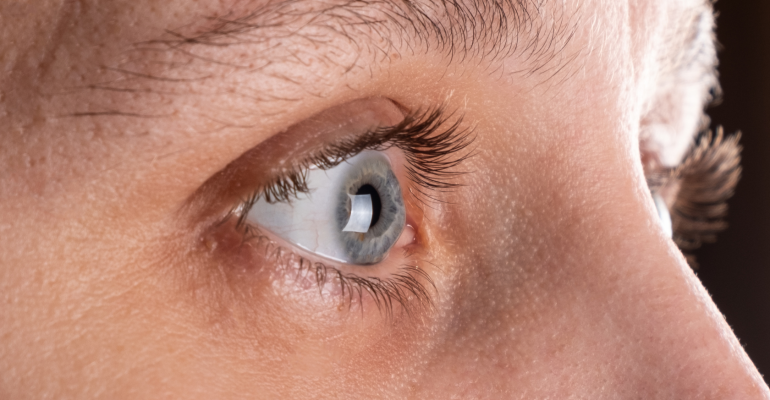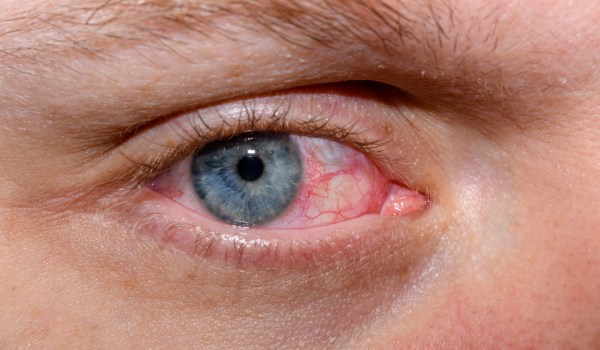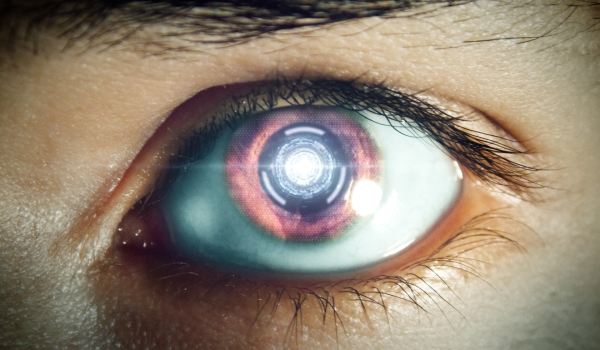Cataracts are one of the most common reasons for vision loss in adults. Yet they’re also one of the more misunderstood conditions in medicine. Confused and wondering what really goes on with cataracts? Here’s a quick mythbuster to help you sift fact from fiction…
Myth 1: Cataracts are Growths
This is perhaps the most common misconception. A cataract is a clouding of the eye lens, not a growth on the eyeball. It happens when the transparent proteins in the lens lose their elasticity and begin to clump together. Over time, the clump builds up – and this causes vision problems.
Myth 2: They Only Affect the Elderly
Age is certainly the biggest contributor to cataracts, since those proteins begin to clump more as we get older: by the age of 80, around half of us will have developed them. But younger people and even babies aren’t immune to cataracts. Eye injuries and genetic disorders – not to mention smoking and diabetes – can all increase the risk of developing them.
Myth 3: They Spread from One Eye to the Other
Cataracts don’t spread. They may develop in both eyes at roughly the same time, or in one eye only. But they develop independently of each other. There is no mechanism to allow them to spread.
Myth 4: They just make Vision Blurry
Actually, blurred vision is only one possible outcome. Cataracts interfere with the way light refracts through the lens, so they can also cause halos (a faint ring around light sources), colour changes, double vision and increased glare in the dark (which is why cataract sufferers often avoid driving at night).
Myth 5: They Need to be ‘Ripe’ Before you can Operate
Once upon a time, cataracts did have to be sufficiently advanced (‘ripe’) before surgery was possible. But modern technology has moved on in leaps and bounds. We can now operate at quite an early stage – even before you are truly aware of them – which gives much greater choice over treatment (and often better outcomes).
Myth 6: The Removal Operation is Arduous…
Cataract surgery is actually one of the safest operations in medicine, and one of the world’s most common procedures. It is usually performed under local or topical anaesthetic (though it can also be performed under general anaesthetic, if necessary), and in most cases takes only 15-20 minutes. You can be in and out of hospital in three to four hours.
Myth 7: …And Painful…
Cataract surgery causes little to no discomfort. Fast-acting eye drops numb the eye to prevent pain during the procedure. Your eyes may feel achy or ‘gritty’ for a few days afterwards, but this should pass quickly and can usually be handled with regular painkillers, such as paracetamol.
Myth 8: …And Takes Ages to Recover From
Most people are able to get back to everyday activities within 24 hours of surgery. Your vision may be slightly blurred for a few days as healing begins – but it should then improve significantly. Avoid heavy lifting and strenuous work for the first week, but expect to resume normal tasks very quickly.
Myth 9: I’ll Still be Short-Sighted Afterwards
Actually, one of the benefits of cataract surgery is that we can correct for short-sightedness, long-sightedness and astigmatism as part of treatment. This works by replacing the clouded lens with a tiny intraocular lens (IOL). Multifocal or extended depth of focus lenses can actually reduce or eliminate the need for glasses, for either near or distant focus.
Wondering if you might have cataracts, or need to explore some treatment options? We would love to help. Click here to find out more about our treatment plans, or here to make an appointment.
Medical Disclaimer
This article is for information purposes only and should not be considered medical advice. If you or any other person has a medical concern, you should consult with your health care provider or seek other professional medical treatment. Never disregard professional medical advice or delay in seeking it because of something that you have read on this blog, website or in any linked materials.







